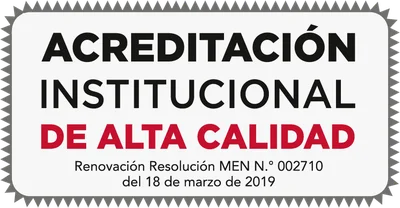Knowledge and the Family Business [electronic resource]: The Governance and Management of Family Firms in the New Knowledge Economy / by Manlio Del Giudice, Maria Rosaria Della Peruta, Elias G. Carayannis.
Tipo de material: TextoSeries Innovation Technology and Knowledge Management; -7Descripción: IX, 267 p. online resourceISBN: 9781441973535 99781441973535Tema(s): ENTREPRENEURSHIP
TextoSeries Innovation Technology and Knowledge Management; -7Descripción: IX, 267 p. online resourceISBN: 9781441973535 99781441973535Tema(s): ENTREPRENEURSHIP| Tipo de ítem | Ubicación actual | Colección | Signatura | Info Vol | Copia número | Estado | Fecha de vencimiento | Código de barras | Reserva de ítems |
|---|---|---|---|---|---|---|---|---|---|
 DOCUMENTOS DIGITALES
DOCUMENTOS DIGITALES
|
Biblioteca Jorge Álvarez Lleras | Digital | 658.421 223 (Navegar estantería) | Ej. 1 | 1 | Disponible | D000488 |
1. Family Business: Definition, Nature, and Significance -- 2. Knowledge as a Factor in the Theory of Family Business -- 3. Knowledge -- Substance and Application: Tacit/Explicit Knowledge -- 4. Social Features of Knowledge Transfer -- 5. Learning and Knowledge in Behavioral Theory -- 6. Practice of Organizational Learning: Identification, Generation/Creation, Diffusion, Integration/Modification, Action -- 7. Intellectual Capital and Knowledge Management in Family Businesses -- 8. Continuity versus Change in Learning Strategies -- 9. Emotions and Emotional Climate -- 10. New Models of Leadership: Leaders as Learners and Teachers -- 11. The Identity Frame and Conflict Management -- 12. Reflections on the Dynamics of the Field and Challenges for the Future.
Family businesses"the predominant form of business organization around the world"can make numerous, critical contributions to the economy and family well-being in both financial and qualitative terms. But dysfunctional family businesses can be difficult to manage, painful experiences at best, and they can destroy family wealth and personal relationships. This book explores the dynamics of family business management, in the context of constantly changing market conditions and the role that knowledge management plays in strategic planning and adaptation. Integrating the literature from family business, entrepreneurship, industrial psychology, and knowledge management, and with illustrative examples from a variety of enterprises, the authors address such topics as: óHow family businesses can compete in the new knowledge economy óHow to manage a family business when knowledge is its main asset óHow to transfer knowledge (and how to keep it alive) through family generations Within this framework, the authors argue that effective resource management"especially intangible resources"is central to enabling a family-run organization to maintain a sustainable competitive advantage over time. They note that families often develop systemic, intuitive, or tacit knowledge that transcends rational decision making and needs to be recognized and nurtured as a distinctive asset. The authors demonstrate that trans-generational value is achieved when the family firm innovates and adapts itself to changing external and internal conditions. This kind of entrepreneurial performance requires dynamic capabilities and processes designed to acquire, exchange, combine and even shed knowledge and practices; and, in turn, dynamic capabilities result from mechanisms of knowledge sharing, collective learning, experience accumulation, and transfer.






No hay comentarios en este titulo.